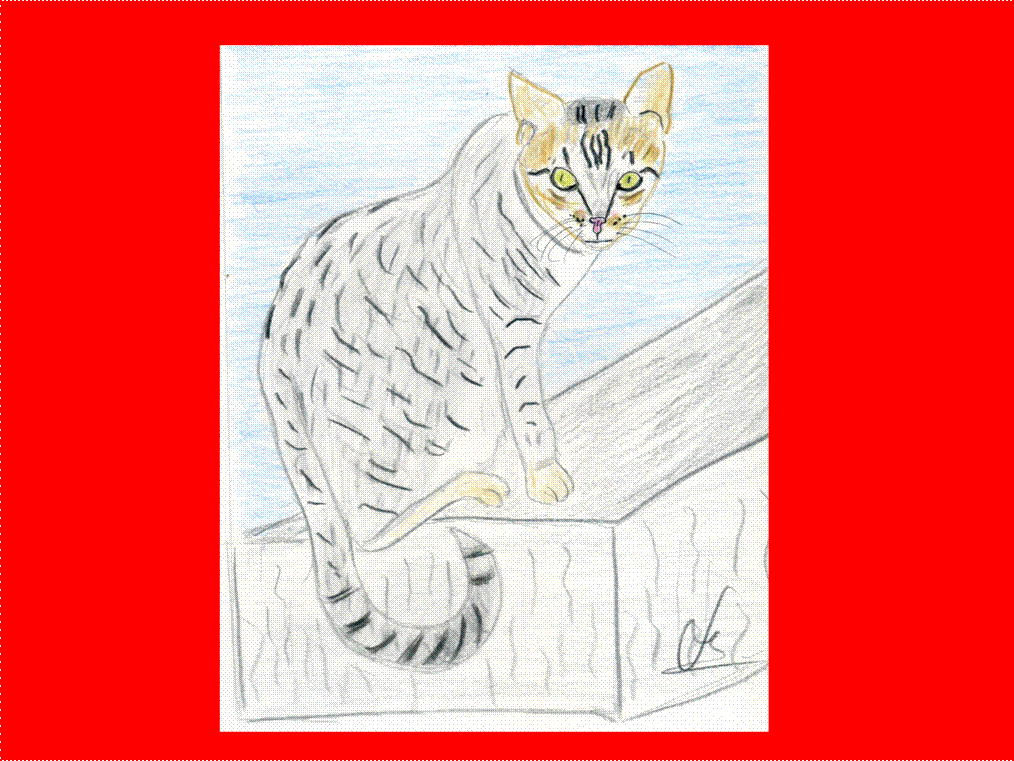This entry was posted on viernes, enero 11th, 2013 at 16:58 and is filed under Etnopaisaje. You can follow any responses to this entry through the RSS 2.0 feed. You can leave a response, or trackback from your own site.

Aumenta la brecha entre el rico norte y el pobre sur de Europa .It increases the gap between the rich North and the poor South of Europe
…………..
Aumenta la brecha entre el rico norte y el pobre sur de Europa
……
……….
It increases the gap between the rich North and the poor South of Europe
………..
———-
——
—Etnopaisaje.com
.
.
.

…………..
Dibujo por Matias Mayor López
…………
—-
—
La Comisión Europea no espera mejoras en 2013
….
………
La diferenciación social entre los prósperos norte y centro de Europa y los países del sur y oeste del continente aumenta «dramáticamente«, según la Comisión Europea.
…….
……..
Esta tendencia se agravó “dramáticamente en los últimos cinco años”, dijo el comisario europeo de Empleo y Asuntos Sociales, László Andor, citado por la cadena alemana ‘Deutsche Welle’.
………
…….
“Países miembros periféricos parecen estar atrapados en una espiral de caída de la producción económica, con rápido aumento del desempleo y deterioro de los ingresos individuales ”, explica Andor.
El desempleo en la eurozona alcanzó un nuevo máximo histórico en 2012, según la oficina de estadística comunitaria Eurostat.
………
……..
El desempleo en la zona euro en noviembre se situó en el 11,8%. El país con la tasa de paro más alta sigue siendo España, con un 26,6%, seguido de Grecia. En Letonia, Lituania y Estonia, uno de cada siete trabajadores está sin empleo. Este índice en Austria es de solo 4,5%, mientras que en Luxemburgo y Alemania es de 5,1% y 5,4% respectivamente.
……….
…..
El comisario europeo concluyó que en 2012 “la situación social” en Europa se deterioró, lo que está relacionado en primer lugar con el desempleo. Según su pronóstico, en 2013 no habrá mejoras.
——
——-
Los expertos explican que los países del sur y del este de Europa eran más débiles al momento de entrar en la UE y sus problemas solo aumentan en condiciones de competencia.
………..
……………
“La Unión Europea resultó ser una trampa para la Europa sureña y oriental . En lugar del gran mercado común y la política de estimulación del consumo, se están apretando el cinturón en nombre de la estabilidad financiera”, sostiene Vasili Koltashov, especialista del Instituto de la Globalización y Movimientos Sociales, citado por el periódico ruso ‘Vzgliad’
……….
…………
………………
The European Commission does not expect improvements in 2013
…..
The social differentiation between the prosperous North and Central Europe and the countries of the South and West of the continent increases «dramatically», according to the European Commission.
…………..
This trend worsened «dramatically in the last five years», said the European Commissioner for employment and Social Affairs, László Andor, quoted by the German ‘Deutsche Welle’ chain.
……………
eripheral member countries seem to be trapped in a downward spiral of economic production, with rapidly rising unemployment and deteriorating individual income», explains Andor.
……………..
Unemployment in the eurozone reached a new historic maximum in 2012, according to the Eurostat Community Statistical Office. Unemployment in the euro area in November stood at 11.8%. The country with the highest unemployment rate remains Spain, with 26.6%, followed by Greece. In Latvia, Lithuania and Estonia, one in seven workers is without a job. This index in Austria is only 4.5 per cent, while in Luxembourg and Germany it is 5.1% and 5.4% respectively.
…………….
The Commissioner concluded that in 2012 «the social situation» in Europe deteriorated, what is related firstly with unemployment. According to its forecast, in 2013 there will be no improvements.
……………….
The experts explain that the countries of southern and Eastern Europe were weaker at the time of entering the EU and their problems only increased under conditions of competition.
……………………
«The European Union turned out to be a trap for southern and Eastern Europe. Instead of the common market and the stimulation of consumption policy, are are tightening the belt in the name of financial stability», argues Vasili Koltashov, specialist of the Institute of globalization and social movements, cited by Russian newspaper ‘Vzgliad’.